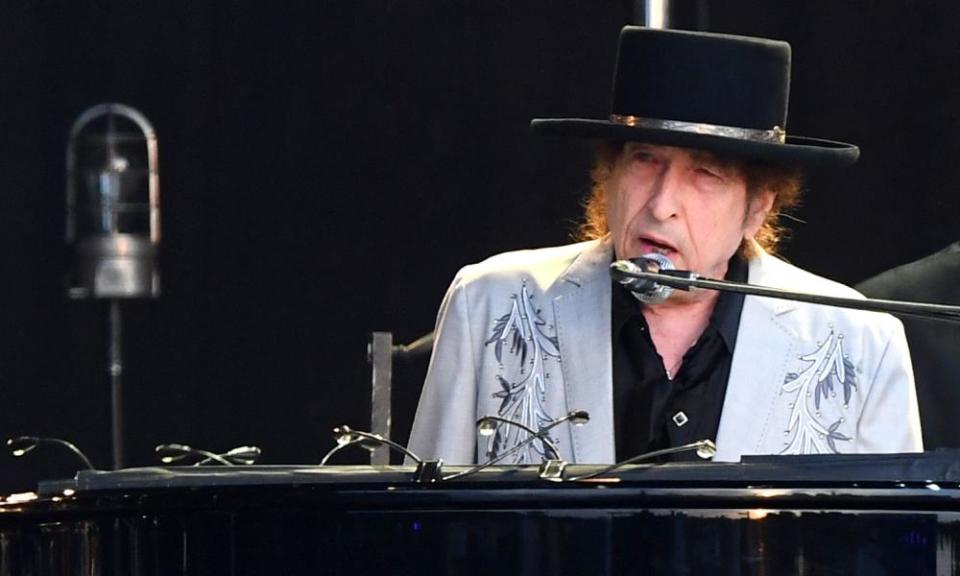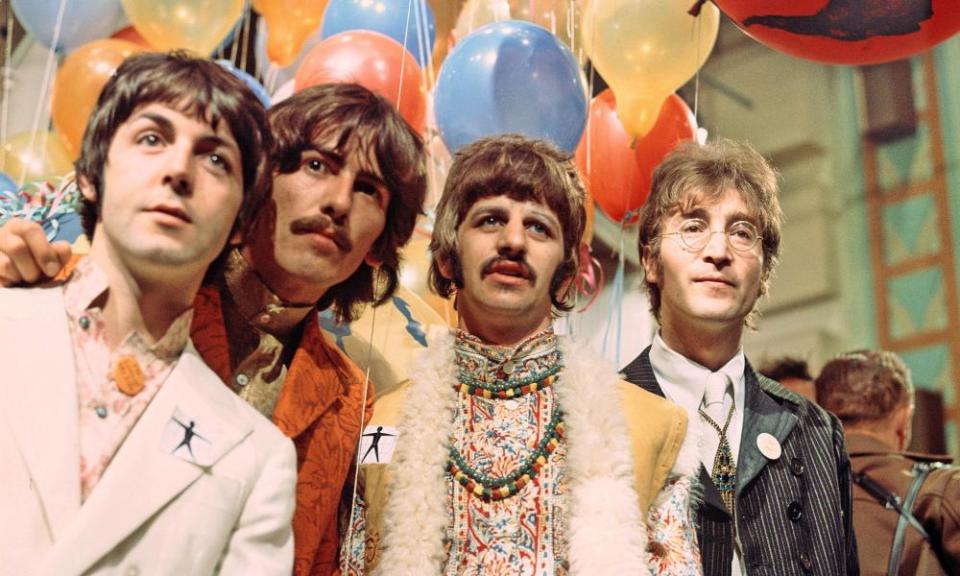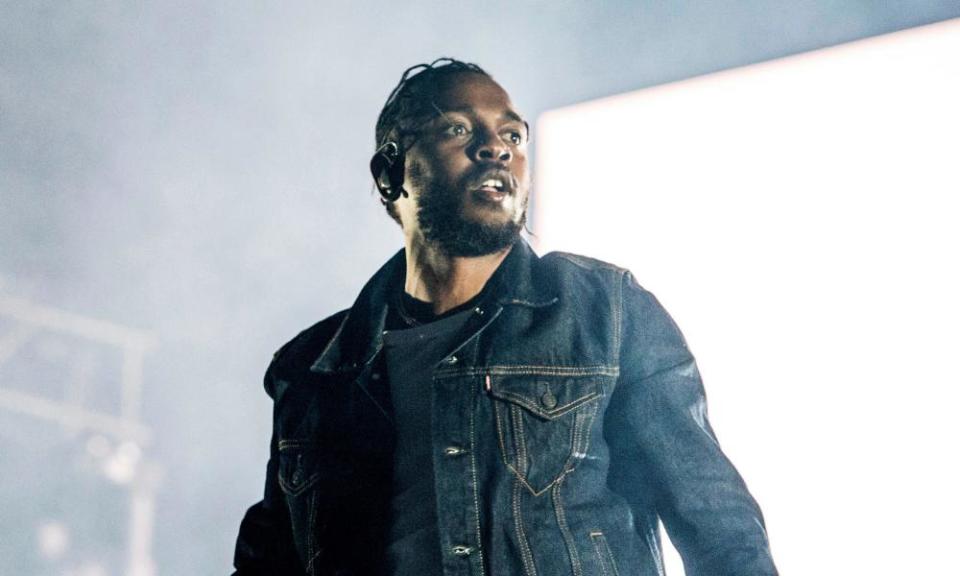‘Ruthless but good ears’: Lucian Grainge is key architect of music industry revival
In the dark days of the noughties, a time marked by plunging record sales and rampant digital piracy, Lucian Grainge was on the warpath because of the lack of chart-topping new stars being discovered by his label. Arriving last at a management meeting, he turned the lights off, circled the room, and told staff: “Get used to it. That’s what it looks like when you don’t have any hit records.”
Having a problem producing hits is now laughable for the chief executive of Universal Music Group, the world’s biggest record company and home to acts from Ariana Grande to Bob Dylan, which in any given week can claim as many as nine of the top 10 selling songs.
“When I joined UMG 35 years ago, the idea that we could someday build it into a leading music company with the ability to determine its own destiny, that would have been unimaginable back then,” Grainge says. “But here we are.”
On Tuesday, the British-born CEO will crown the remarkable streaming-led revival that has transformed the fortunes of the music industry over the last decade when Universal Music makes its €40bn (£34bn) flotation on the Amsterdam stock exchange.

But Grainge, who will receive a “transaction bonus” of at least $150m (£110m) when the parent company, Vivendi, spins off the music group, almost did not live to see the milestone. Weeks after a star-studded 60th birthday party last February, Grainge was admitted to hospital with the coronavirus.
He remembers being “patient No 1” at UCLA Medical Center in Los Angeles, where he spent weeks in intensive care. It took him five months to fully recover. “I was completely at my death,” he said in a recent interview.
In his role as Universal chief since 2010, the person considered to be the most powerful executive in music has been a key architect of the revival of an industry that looked to be facing terminal decline.
In 2011 he pulled off a stunning, if controversial, coup by buying EMI, home to the Beatles and Coldplay, for a bargain £1.2bn after a disastrous period of ownership under the venture capitalist Guy Hands during which the UK label was laden with debt.
The deal came in for widespread criticism, the Beatles’ producer Sir George Martin described the sale as “the worst thing that music has ever faced” – and it faced regulatory scrutiny on both sides of the Atlantic.
“The common wisdom was that buying EMI would never get [regulatory] approval and that it would never be swallowed by any of the big three [music companies],” says a former executive at a rival record company that considered making a bid at the time. “But Lucian came up with a plan to hive bits off, but keep the vast majority, it was a brilliant move.”

Grainge was forced to sell off some parts to appease competition concerns, notably the Parlophone label to rival Warner Music, but in the end kept about 70% of EMI. The acquisition gave Universal an unprecedented 40% market share, and meant Grainge had the muscle to negotiate from a position of strength with the new wave of digital services led by Spotify that have become central to the music industry’s recovery.
Speaking of that crucial turning point, Grainge says: “At that time, I pledged that, if we acquired EMI, we would: breathe life back into it and Capitol and Virgin; invest in more artists and labels; and promote more competition among streaming platforms to the benefit of consumers and artists – and we’ve done exactly that.”
In the year he struck the deal, Universal Music made €4.2bn in revenues and turned a profit of €507m. This year the company is on track to make almost €8bn revenue and profits potentially as high as €1.5bn.

Born in north London, the lifelong Arsenal fan was always destined to work in the music industry. His father owned a small record store, and Grainge remembers spending the 1960s and 1970s listening to “just about everything – from Wagner to Ray Charles to Mozart to Elvis”. He left school at 18 after walking out of an A-level exam to attend a meeting where he negotiated his first record deal. His first signing was the Psychedelic Furs.
Within five years he had moved to a record label and was director of A&R responsible for finding and developing talent. In 1986 he joined Universal to launch Polygram Music Publishing UK. Seven years later he moved to UMG’s Polydor label and by 2001 had become head of Universal Music UK. Four years later he was given responsibility for all of Universal’s operations outside the US.
Described by one rival as “probably the most brilliant music executive to come out of the UK”, Grainge has been variously described as a “killer shark”, being warm and charming while also possessing ice in his veins. At a charity fundraising event celebrating three decades in the industry, Bono described Grainge as a “ruthless fucker … but he’s got good ears”.
Grainge says: “I can tell you that when I’m fighting on behalf of my artists, on behalf of the music community to which I’ve devoted my life, I’m probably all of the above. As for Universal Music, and the industry, there’s so much more to come. Just watch.”

 Yahoo Finance
Yahoo Finance 